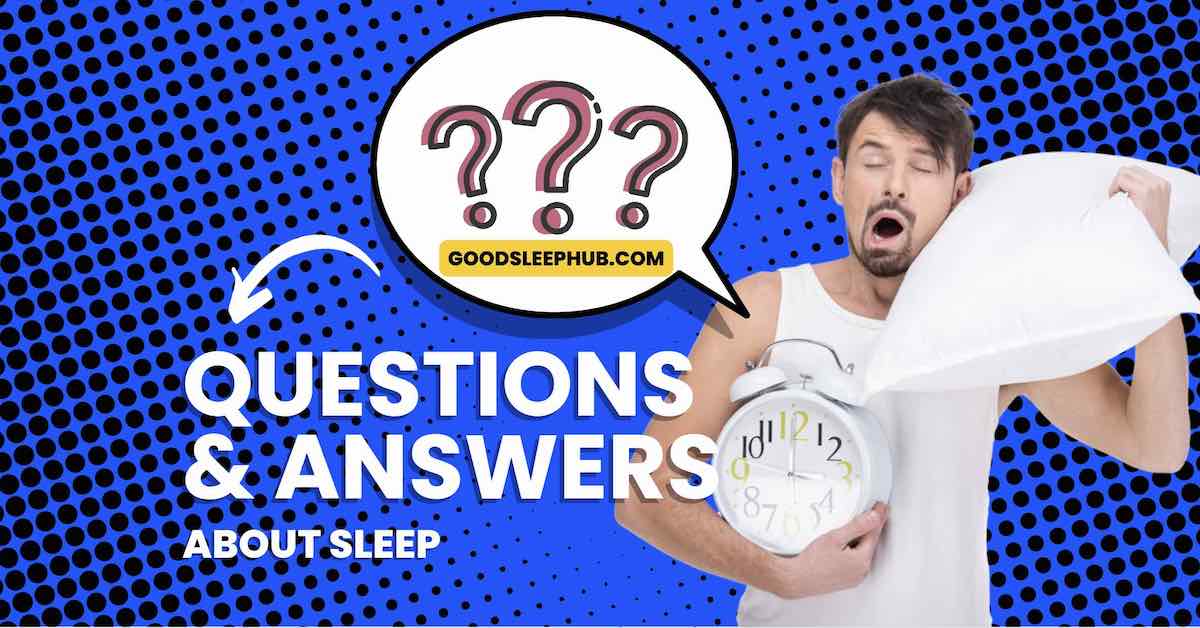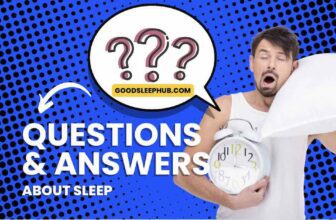
Taking sleeping pills every day can lead to a variety of consequences, including potential dependency, tolerance, and a range of side effects. While these medications can be effective for short-term relief from insomnia or other sleep disorders, using them on a daily basis can potentially exacerbate sleep issues and impact overall health. It’s important to understand the risks, the types of sleeping pills available, alternatives for managing sleep problems, and when to seek professional advice.
The Risks of Daily Use of Sleeping Pills
Dependence and Withdrawal
Sleeping pills, particularly those that are benzodiazepines or benzodiazepine receptor agonists (such as zolpidem or eszopiclone), can lead to physical and psychological dependence. When a person becomes dependent on sleeping pills, they may feel unable to sleep without them. Withdrawal symptoms can occur if the person stops taking the medication abruptly and may include anxiety, tremors, sweating, and in extreme cases, seizures.
Tolerance Development
Over time, the body can become tolerant to the effects of sleeping pills, meaning that higher doses are needed to achieve the same sedative effect. This increases the risk of overdose and further complicates long-term reliance on these medications for sleep.
Side Effects and Health Risks
Regular use of sleeping pills also carries the risk of side effects, which can range from mild to severe. These side effects may include drowsiness, dizziness, memory problems, and impaired coordination. Longer-term health risks may include an increased risk of respiratory problems, especially in those with underlying lung conditions, and potential changes in brain architecture related to cognition and memory.
Impact on Sleep Architecture
Another concern with the chronic use of sleeping pills is the potential alteration of normal sleep architecture. These changes can affect the proportions of different stages of sleep, particularly REM (rapid eye movement) sleep and deep sleep, which are essential for cognitive function and physical health.
Interactions with Other Medications and Alcohol
Sleeping pills can interact with other medications, which can lead to increased sedation and even life-threatening respiratory depression. Alcohol can also greatly increase the sedative effects of sleeping pills, leading to dangerous consequences.
Understanding Different Types of Sleeping Pills
Benzodiazepines
Benzodiazepines (such as lorazepam, diazepam, and temazepam) act by enhancing the effect of the neurotransmitter GABA in the brain, causing sedation. They are typically used for short-term treatment of severe insomnia and anxiety.
Non-Benzodiazepine Sleep Aids
Non-benzodiazepine sleep aids, often referred to as “Z-drugs” (such as zolpidem, zaleplon, and eszopiclone), are designed to provide sedative effects with potentially fewer side effects and less risk of dependence compared to benzodiazepines. However, they still carry similar risks, especially with long-term use.
Antidepressants and Antihistamines
Some antidepressants with sedative properties (like trazodone) and over-the-counter antihistamines (like diphenhydramine) are also sometimes used as sleep aids, although they are not FDA-approved for this purpose. These alternatives may have their own side effects and are not without risks.
Melatonin Receptor Agonists
Melatonin receptor agonists (such as ramelteon) mimic the effects of the natural hormone melatonin, which helps regulate sleep-wake cycles. These are thought to have a different and potentially safer profile compared to other sleeping pills but should still be used with caution.
Alternatives to Daily Sleeping Pills
Good Sleep Hygiene Practices
Establishing good sleep hygiene is fundamental to improving sleep without medication. This includes maintaining a regular sleep schedule, creating a comfortable and dark sleep environment, avoiding stimulants like caffeine and electronics close to bedtime, and establishing a relaxing pre-sleep routine.
Cognitive Behavioral Therapy for Insomnia (CBT-I)
CBT-I is a structured program that helps individuals address the thoughts and behaviors that cause or worsen sleep problems with habits that promote sound sleep. Unlike sleeping pills, CBT-I helps you overcome the underlying causes of your sleep problems.
Mindfulness and Relaxation Techniques
Incorporating mindfulness practices and relaxation techniques, such as meditation, breathing exercises, and progressive muscle relaxation, can help reduce stress and create a conducive mindset for sleep.
Regular Exercise and Diet
Regular physical activity and a balanced diet can contribute to better sleep. Exercise helps to expend energy and promote fatigue, while certain dietary choices can either contribute to or impede sleep quality.
Consideration of Underlying Conditions
Sleep disturbances can often be a symptom of an underlying medical or psychological condition. Addressing issues such as anxiety, depression, or sleep apnea can greatly improve sleep quality without the need for sleeping pills.
Top 5 Sleep Aid Supplements Recommended By GoodSleepHub.com
ZzzQuil, Nighttime Sleep Aid LiquiCaps, 25 mg Diphenhydramine HCl, No.1 Sleep-Aid Brand, Non-Habit Forming, Fall Asleep Fast, 72...
22% Off (as of May 15, 2024 23:18 GMT +00:00 - More infoProduct prices and availability are accurate as of the date/time indicated and are subject to change. Any price and availability information displayed on [relevant Amazon Site(s), as applicable] at the time of purchase will apply to the purchase of this product.)KIRKLAND SIGNATURE Sleep Aid Doxylamine Succinate 25 Mg X Tabs (53201812) No Flavor 96 Count, Packaging May Vary
70% Off (as of May 15, 2024 23:17 GMT +00:00 - More infoProduct prices and availability are accurate as of the date/time indicated and are subject to change. Any price and availability information displayed on [relevant Amazon Site(s), as applicable] at the time of purchase will apply to the purchase of this product.)Unisom Nighttime Sleep-Aid Gels, Diphenhydramine HCI, 100 Count
28% Off (as of May 15, 2024 23:18 GMT +00:00 - More infoProduct prices and availability are accurate as of the date/time indicated and are subject to change. Any price and availability information displayed on [relevant Amazon Site(s), as applicable] at the time of purchase will apply to the purchase of this product.)Unisom SleepGels, Nighttime Sleep-aid, Diphenhydramine HCI 50 mg, 32 SoftGels
3% Off (as of May 16, 2024 12:05 GMT +00:00 - More infoProduct prices and availability are accurate as of the date/time indicated and are subject to change. Any price and availability information displayed on [relevant Amazon Site(s), as applicable] at the time of purchase will apply to the purchase of this product.)ZzzQuil ULTRA, Sleep Aid, Nighttime Sleep Aid, 25 mg Doxylamine Succinate, From Makers of Nyquil, Non- Habit Forming, Fall Aslee...
13% Off (as of May 15, 2024 23:18 GMT +00:00 - More infoProduct prices and availability are accurate as of the date/time indicated and are subject to change. Any price and availability information displayed on [relevant Amazon Site(s), as applicable] at the time of purchase will apply to the purchase of this product.)When to Seek Professional Advice
If you are experiencing persistent sleep difficulties, it’s important to speak with a healthcare provider. They can help identify the cause of your sleep problems and recommend an appropriate treatment plan. In some cases, a short-term course of sleeping pills may be helpful, but this should be closely monitored by a professional to minimize risks.
Finishing Thoughts
While sleeping pills can be an effective short-term solution for sleep disturbances, their daily use can lead to a range of complications, including dependency, tolerance, and various side effects. It’s essential to use these medications as directed by a healthcare professional and to explore non-pharmacological alternatives for managing sleep, such as improving sleep hygiene, engaging in CBT-I, and addressing underlying health issues. Remember that good quality sleep is achievable and that with the right strategies and support, you can improve your sleep health in a safe and sustainable way.








